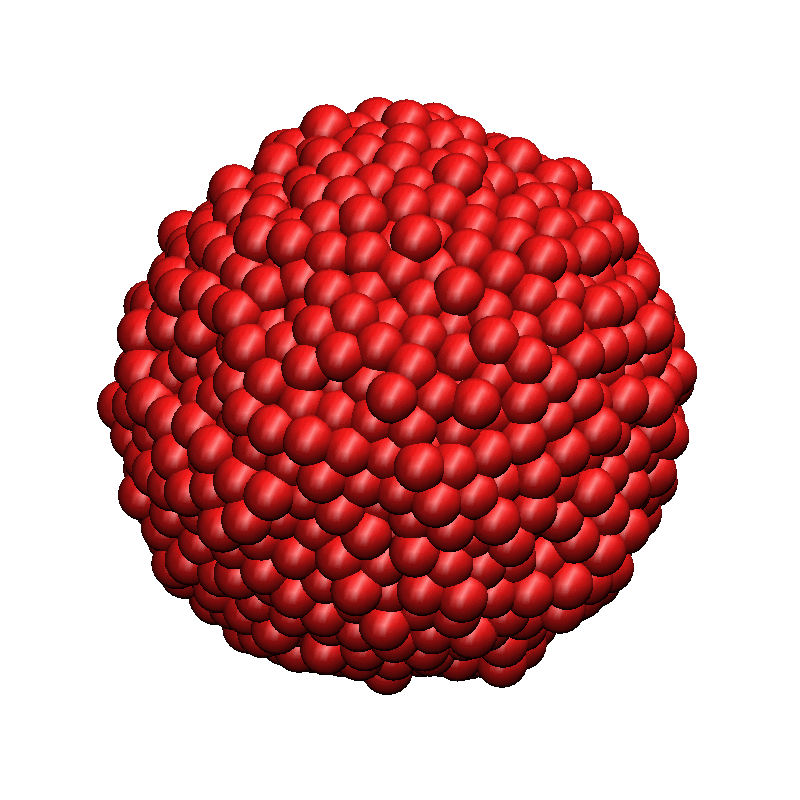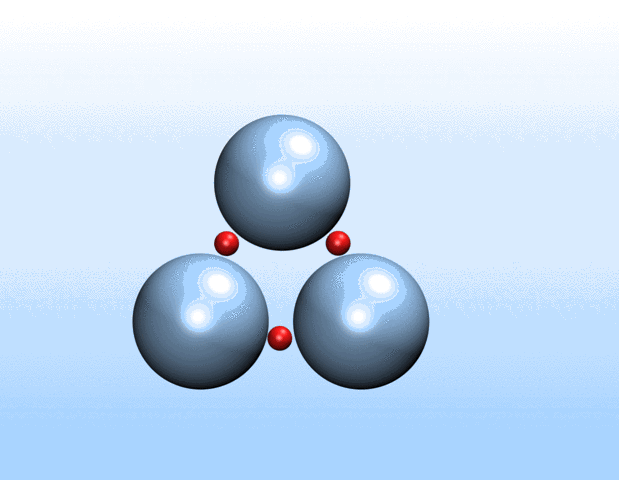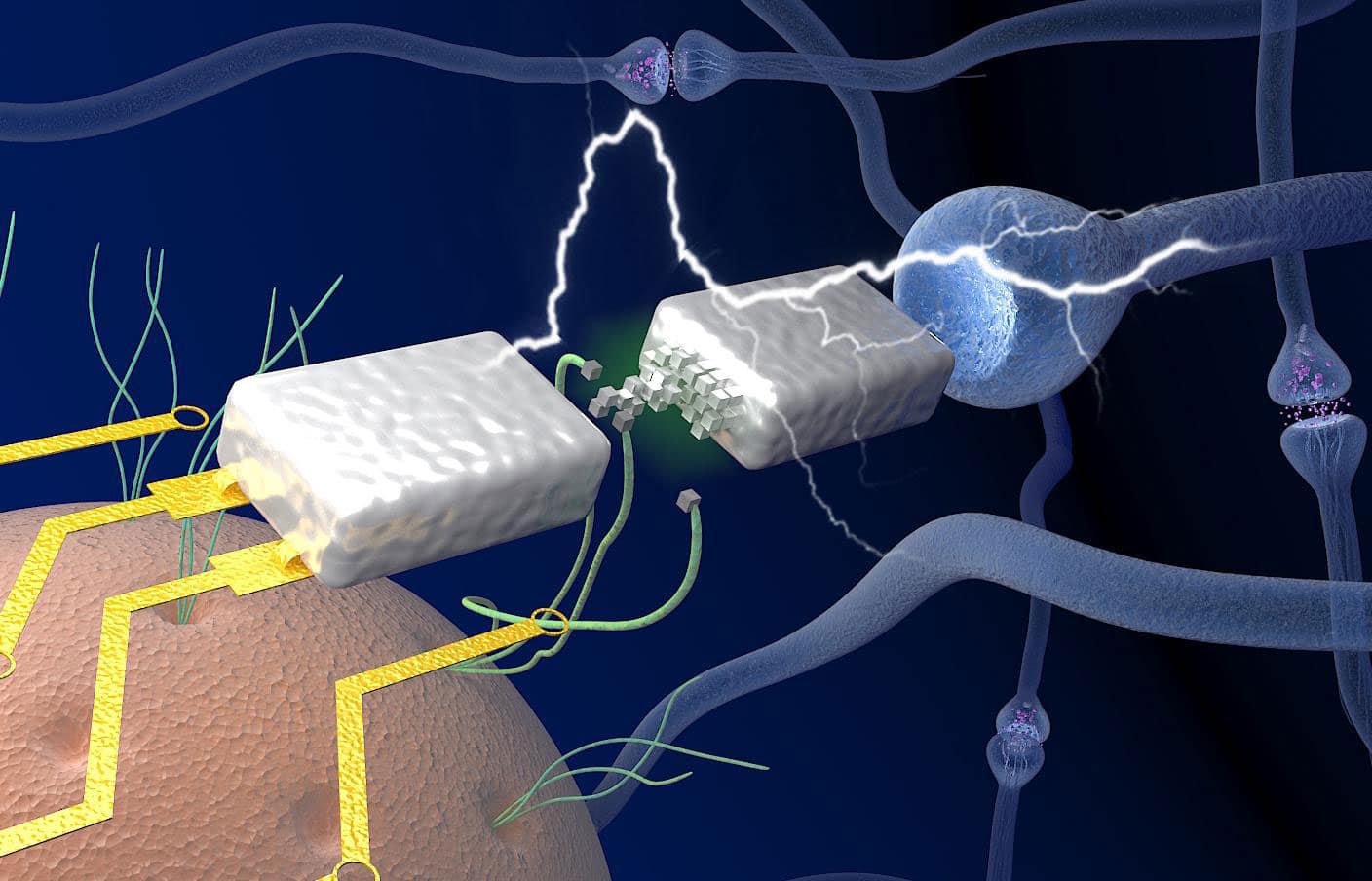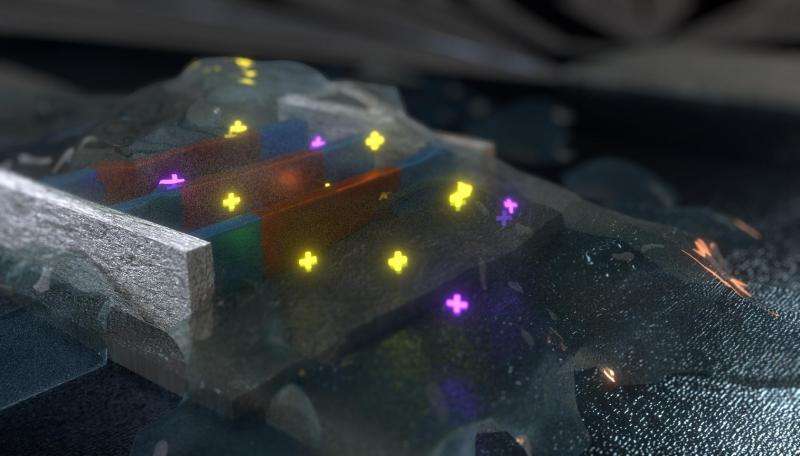_ Section of the simulation process in (electrical nanoparticles)
Examining the link between nanoelectronics and electric nanoparticles (Nano_ionization potential)
Researcher and author: Dr. ( Afshin Rashid)

Note: In electronic nanotechnology, the change in the distance between the atoms of the particles and the geometry of the particles also affects the electronic properties of the material. When the size of the particles decreases, the electrical bonds in metals become finer.

In the structure of nanoparticles, the electronic quantity that is more easily available is the ionization potential. The ionization potential is greater in the size of small grains (smaller particles), that is, with the increase in the size of the particles, their ionization potential decreases. The increase in the ratio of surface to volume and changes in the geometry and electronic structure of the impact It strongly affects the chemical interactions of matter and, for example, the activity of small particles changes with the change in the number of atoms (and thus the size of the particles).
How to produce and reproduce nanoparticles and electronic properties:
In general, chemical reactions to produce materials can take place in any of the solid, liquid, and gas states. The common method for producing solid materials is that by crushing the particles, their contact surface is increased, and further to increase the penetration of atoms and ions, this mixture is increased at high temperatures. In chemistry, substances with which chemical reactions begin are called reactants, and substances that are converted into reactants during the reaction are called products. Reactants can be solid, liquid or gas. In addition, the reactants are either an independent element or can be multi-component compounds. Multicomponent compounds are usually called precursors. Many methods have been developed to produce nanoparticles or nanostructured particles, which include vapor, liquid and solid state processes.
(Conclusion) of nanoparticles and electronic properties
One of the important properties of nanoparticles is the high surface to volume ratio of these materials. By using this property, powerful catalysts can be produced in nanometer dimensions. These nanocatalysts will greatly increase the efficiency of chemical reactions and also significantly prevent the production of waste materials in reactions. The use of nanoparticles in the production of other materials can increase their strength or reduce their weight, increase their chemical and thermal resistance , and change their reaction to light and other radiations. So, the first application that can be imagined for nanoparticles The use of these materials is in the production of nanocomposites. By using nanoparticles, the strength-to-weight ratio of composite materials will be greatly increased.
Researcher and author: Dr. ( Afshin Rashid)
Specialized doctorate in nano-microelectronics




